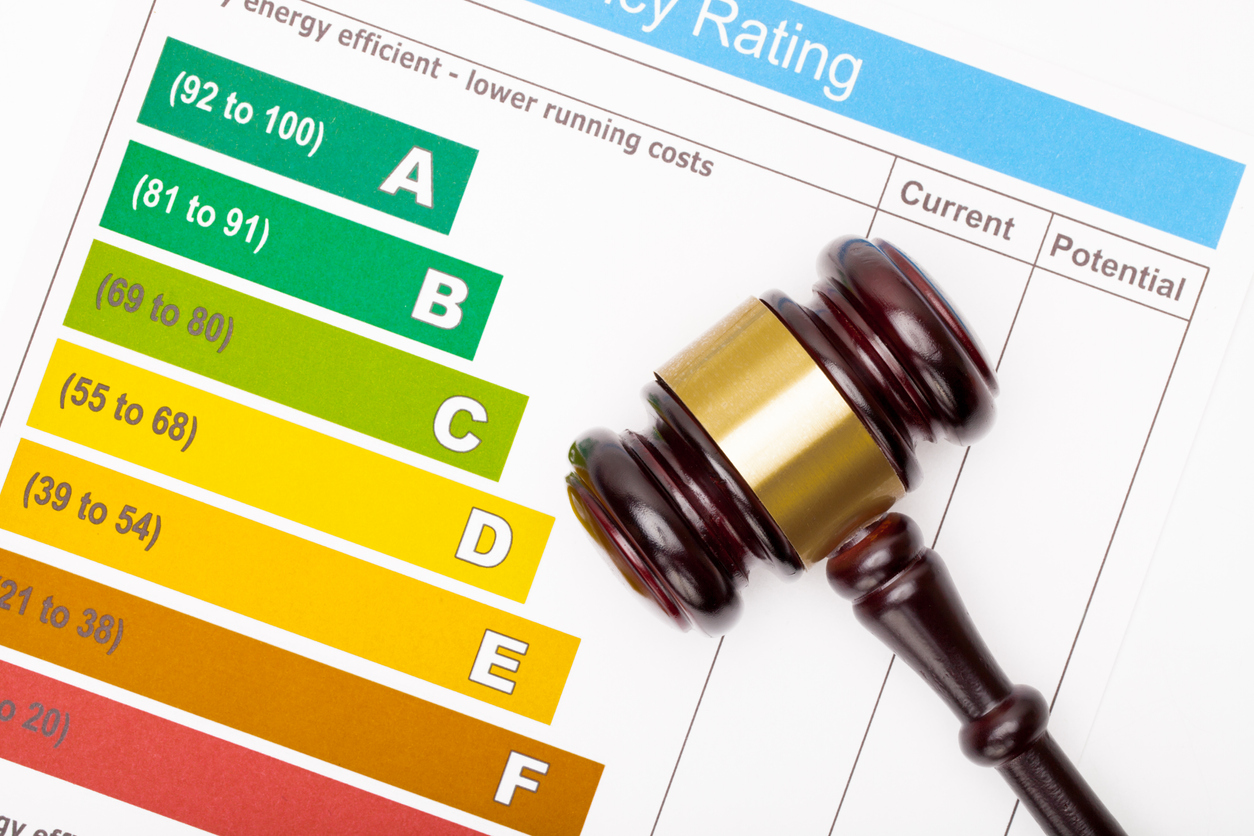Michael Gove on Minimum Energy Performance Standards: “My strong view is that we’re asking too much too quickly.

In a recent interview with Michael Gove, the Secretary of State for Levelling Up, Housing and Communities expressed his desire to ease the proposed regulations that would require rental properties to have a minimum EPC rating of C by 2028.
Gove conveyed his perspective to the Sunday Telegraph, stating, “My own strong view is that we’re asking too much too quickly. We do want to move towards greater energy efficiency, but the timing seems challenging, especially for landlords who are already facing significant capital expenditures to improve their property’s efficiency.”
Responding to the Housing Secretary’s suggestion, Ben Beadle, the Chief Executive of the National Residential Landlords Association (NRLA), expressed his concerns. He emphasized that it has been over two years since the government’s consultation on energy efficiency standards in rented homes, and due to the delayed response, meeting the initially proposed deadlines became unattainable. The NRLA aims for energy-efficient properties, but they urge the government to provide a clear plan, including a fair financial package to support improvements in the private rented sector.
However, the Property Energy Professionals Association (Pepa) was disappointed by Gove’s remarks, asserting that the government’s Minimum Energy Efficiency Standards (MEES) in the private rented sector were being perceived as “too much too quickly.” Pepa highlighted the lack of an official announcement from the government regarding the implementation date of a minimum EPC rating of ‘C,’ which has created uncertainty about the specific requirements being asked of landlords.
This uncertainty, according to Pepa, has hindered progress in improving energy efficiency in the private rented sector, leading to challenges in tackling fuel poverty and high energy costs. The absence of clarity has left landlords unsure of when and to what extent they should improve their property’s energy efficiency. Moreover, energy assessors, retrofit advisors, and energy efficiency measure installers are unable to plan for the future, impacting their businesses negatively.
Pepa’s Chair, Andrew Parkin, underlined the urgency of achieving Government Net Zero targets by enhancing the energy performance of all UK properties. The lack of clarity regarding MEES implementation dates has created hesitancy among landlords to invest in green technologies and skills essential for the green economy.
Pepa acknowledges that some of the issues landlords face are consequences of other government policies, some of which originate from the Department of Levelling Up, Housing, and Communities (DLUHC), under Michael Gove’s leadership. The association contends that the climate change agenda should take precedence over other concerns and suggests that the government should offer a fair financial package to assist landlords in improving their property’s energy efficiency, decoupling this issue from other challenges they encounter.
It still remains unclear if and when new regulations will be implemented and how much landlords will be expected to spend in order to meet any minimum rating (the figure published in the white paper was £10,000).
